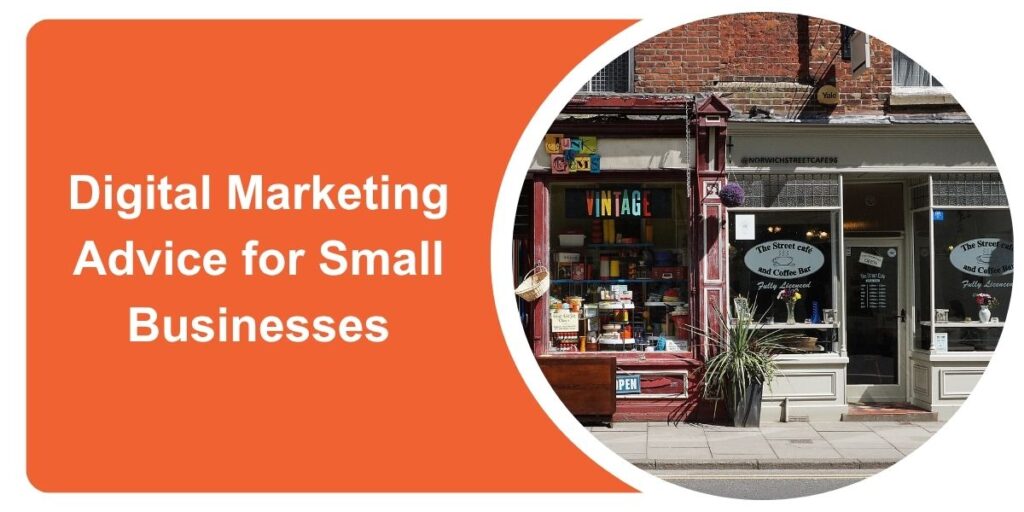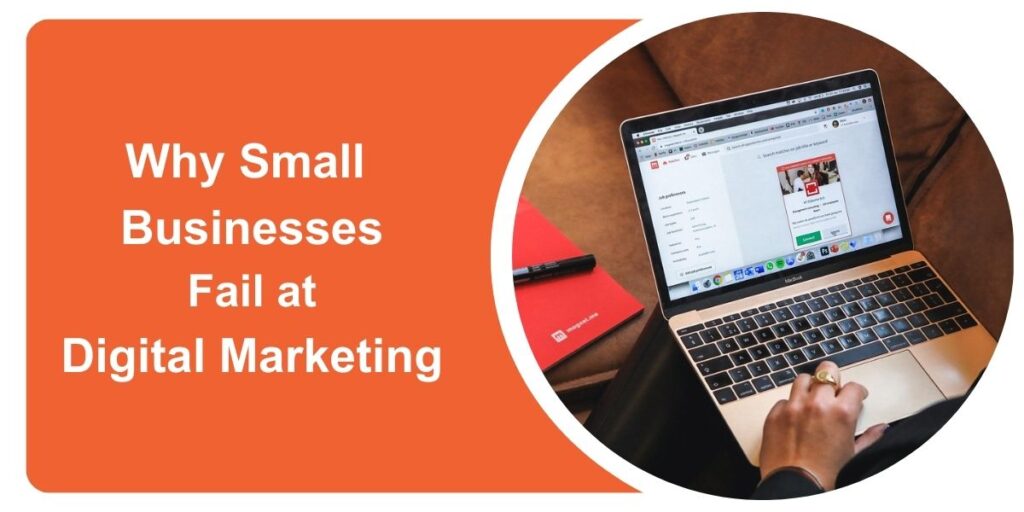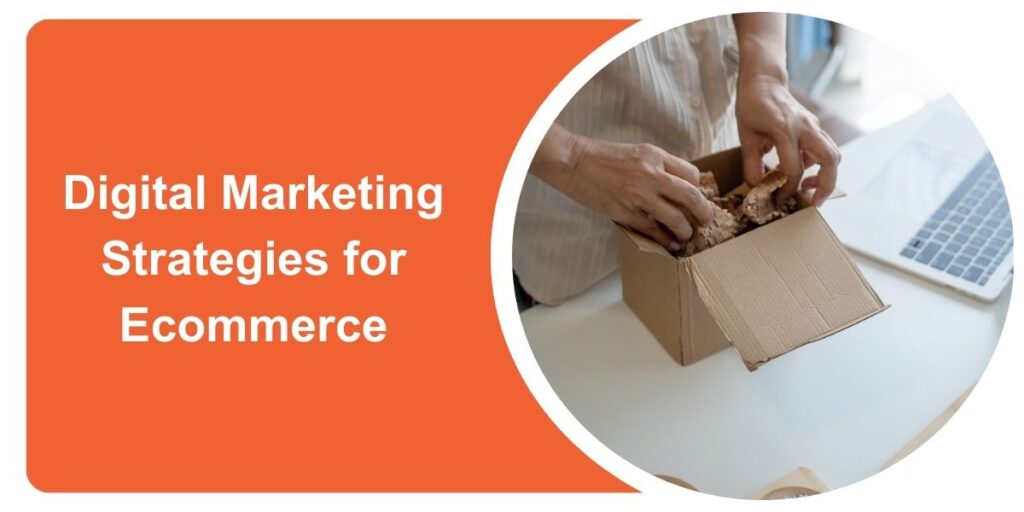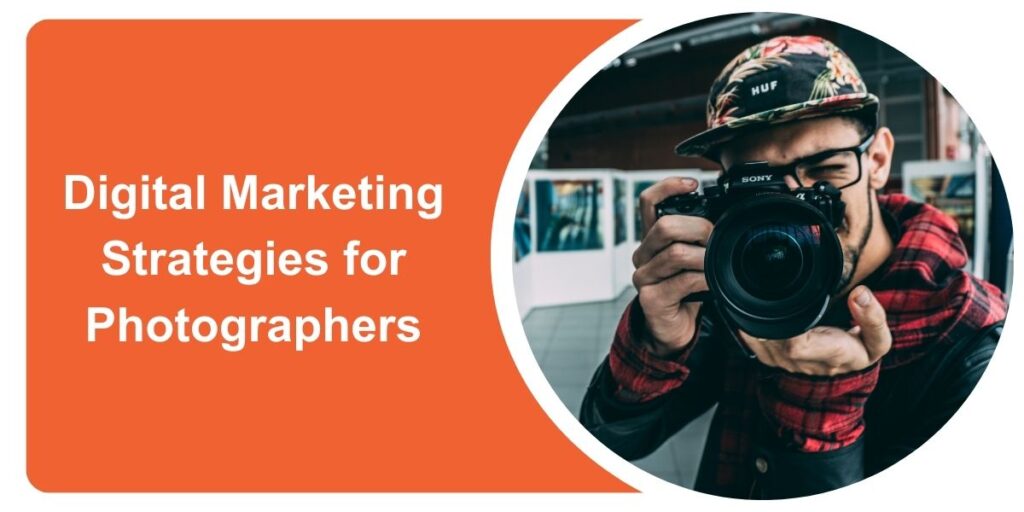
After years of working closely with small business owners, one truth has stood out above everything else: growth doesn’t come from flashy ads or trendy tools. It comes from simple, consistent strategies that deliver real value to real people.
Everything I share here is based on personal experience and countless hours working with entrepreneurs who’ve tried, failed, adapted, and succeeded. These aren’t theories. They’re practical, proven lessons from the field.
Local SEO and Purpose-Driven Websites
For small and local businesses, local SEO is often the fastest path to visibility. Ranking on Google Maps with a well-optimized Google Business Profile can deliver faster results than waiting for your website to climb in search rankings.
Encouraging satisfied customers to leave honest five-star reviews is one of the simplest ways to improve both visibility and credibility. It’s free, fast, and extremely effective.
As for your website, its main purpose isn’t to impress. It’s to convert. That means focusing on solving customer problems from the very first headline. Beautiful design means nothing if it doesn’t drive action.
In my audits, I often find small but critical issues such as buttons that are too small to tap, forms that are hard to fill out on mobile, or slow-loading pages. Fixing these issues often leads to immediate improvements in lead generation and sales.
The Power of Personal Connection and Value
One of the biggest mistakes small businesses make on social media is using it like a billboard. But social media isn’t a space for broadcasting. It’s a space for connecting.
If there’s one rule that never changes, it’s this: people follow you for value, not for ads. Every post, story, or message should answer a single question from the audience’s perspective: What’s in it for me?
When businesses focus too much on themselves, talking about their history, awards, or internal updates, they lose attention. People aren’t there to learn about your brand. They’re there to solve a problem, get inspired, or find something useful.
In my own campaigns, I’ve seen engagement grow the moment we shifted content to be about the customer’s needs, not the business’s story. One entrepreneur said it best:
“People follow you on social media only if they can get something from it. They have to benefit. They don’t follow just to see ads.”
This principle applies to interactions too. Especially in the beginning, what many call “non-scalable” activities like replying to comments, sending direct messages, or writing thoughtful responses are incredibly powerful. These personal touches build trust. They create a network of early supporters who can become loyal customers.
High-Quality, Niche Content and Consistency
Trying to post as much content as possible is a trap. It spreads your efforts too thin and leads to weak messaging. What works better is posting less often, but with more intention.
A client publishing four helpful, well-written posts per month often sees better results than another pushing out fifteen low-quality updates. Consistency is important, but only when it’s backed by substance.
Another strategy that works is niching down your content and hashtags. For example, when I worked with a fitness coach, we avoided broad hashtags like #fitness, which are too competitive to rank in. Instead, we used hashtags like #fitnessforbeginners, which brought in a smaller but much more relevant audience. That small shift led to more qualified leads and better conversions.
Authenticity matters here as well. People are drawn to real, human content. Vulnerable stories, behind-the-scenes moments, and bold opinions tend to perform well. Series content also works because it encourages return visits. User-generated content, such as reviews and testimonials, can outperform polished influencer campaigns because real customers build real trust.
The Power of Email Marketing
Despite the rise of social platforms, email marketing remains one of the most effective ways to build long-term relationships. And the key to successful email marketing is treating subscribers like real people, not just a list.
Whenever I write emails for a campaign, I imagine writing to one person, not thousands. This changes the tone completely. Instead of sounding like a newsletter, the message feels like a conversation.
One of the most effective techniques I’ve used is asking subscribers directly what they want. This simple step not only improves engagement but also strengthens deliverability. Replies signal interest to email providers, which helps future emails land in inboxes instead of spam folders.
Compared to one-way broadcasts, this conversational approach builds trust and drives more sales over time.
Paid Ads Are for Scaling, Not Starting
Many small businesses jump into paid ads too soon. They assume that advertising will create growth. But ads don’t build a business. They amplify what’s already working.
Paid media works best after you have momentum, not before. Before spending on ads, I always help clients define their target audience, clarify their message, and make sure their landing pages are built to convert.
Start small, test aggressively, and track everything. I’ve seen ad budgets disappear quickly because targeting was too broad or tracking wasn’t set up properly. The real value of ads comes from optimization, not the budget itself.
Common Pitfalls and Lessons Learned
I’ve seen some common patterns that tend to hold people back. These lessons are just as important as the strategies that work.
- Getting Overwhelmed by Complexity
With so many tools, platforms, and tactics out there, it’s easy to feel paralyzed. My advice is always the same: simplify. Focus on one or two core strategies you can execute well. Master those before expanding.
- Expecting Instant Results
Marketing rarely delivers results overnight. Businesses that stick to a strategy with patience and consistency are the ones that win in the long run.
- Spreading Too Thin Across Platforms
Trying to be everywhere usually results in weak presence everywhere. It’s better to do one or two platforms well than to post sporadically across five. Focus where your audience is and build deep before going wide.
- Wasting Money on Untargeted Ads
Without proper targeting and tracking, ads are just expensive guesses. Always define your audience, test messaging, and optimize based on real data.
- Ignoring Authenticity
On platforms like Reddit or in niche communities, people can spot fake marketing instantly. Always disclose your role, contribute value first, and build credibility over time. Authenticity is not optional. It’s essential.
Conclusion: Keep It Simple, Consistent, and Customer-Centered
Real digital marketing success for small businesses doesn’t come from chasing trends or using every tool available. It comes from focusing on the fundamentals.
- Deliver value consistently
- Engage personally
- Focus on local visibility
- Build a conversion-friendly website
- Use email to nurture relationships
- Scale with ads only after the foundations are in place
These strategies work not just because I’ve seen them succeed in my own campaigns, but because they reflect what smart business owners all over the world are discovering through their own trial and error.
If you’re running a small business, keep your approach simple. Be consistent. Put your customer first in every piece of content, every email, and every click. That’s the kind of marketing that grows trust, and trust builds businesses.
FAQ
Q1: What are the most effective digital marketing strategies for small businesses?
From my experience, the most effective strategies are the ones that focus on value and consistency. Local SEO, Google Business Profile optimization, email marketing, and creating high-quality content have always delivered results for my clients. Social media is also powerful when it is used to genuinely connect with people rather than just post ads.
Q2: How can a small business get started with online marketing on a tight budget?
I often advise small businesses to begin with what is free or low-cost. Start with local SEO, claim and optimize your Google Business Profile, and use social media consistently to provide value. Build an email list from day one, even if it is small. These steps cost very little but create long-term impact.
Q3: Why is local SEO important for small businesses?
Local SEO is usually the quickest win for small businesses because most customers search for products and services nearby. I have seen businesses rank in the Google Maps section long before their website ranked. Reviews, local citations, and accurate business details make a huge difference in attracting nearby customers.
Q4: What’s the difference between organic SEO and paid ads?
Organic SEO is about earning traffic naturally through content, keywords, and authority, while paid ads bring immediate visibility for a price. I tell businesses to use SEO as the foundation and ads as the accelerator. Ads should only be scaled once you know your targeting and message work.
Q5: How often should small businesses post on social media?
Quality always beats quantity. I would rather see a business post four valuable, engaging updates per month than fifteen rushed ones. What matters most is consistency. A regular posting schedule keeps you visible and builds trust with your audience.
Q6: Which digital marketing channels offer the highest ROI?
In my experience, email marketing continues to outperform almost everything else. Local SEO and content marketing also offer strong ROI because they keep delivering results over time. Paid ads can work well, but only if your targeting is precise and your website is built to convert.
Q7: How can I measure the success of my digital marketing efforts?
Set clear KPIs at the start, traffic growth, leads, conversions, cost per lead, or customer lifetime value depending on the business model. Free tools like Google Analytics and Google Search Console give you a solid starting point to measure what is working.
Q8: Is email marketing still effective for small businesses in 2025?
Absolutely. I still consider email one of the most reliable ways to connect with customers. The key is treating your subscribers like real people, not just a list. Speak to them as individuals, ask for feedback, and provide content or offers that truly help them.
Q9: How do I choose the right digital marketing agency or freelancer?
I always tell businesses to look for experience, transparency, and a proven track record. Ask for case studies, clarify what results they can realistically deliver, and make sure they understand your industry. A good partner should feel like an extension of your business, not just a service provider.
Q10: Can digital marketing help small brick-and-mortar stores grow online?
Yes, and I have helped many local stores do exactly that. The first step is to optimize for local SEO so people can find you nearby. From there, you can use social media, content, and email to bring more customers through the door and also reach people online who may never have found you otherwise.

I’m a certified digital marketing expert with over 9 years of experience helping businesses grow through SEO, PPC, and content marketing. I focus on creating data-driven strategies that deliver measurable results and long-term growth.


